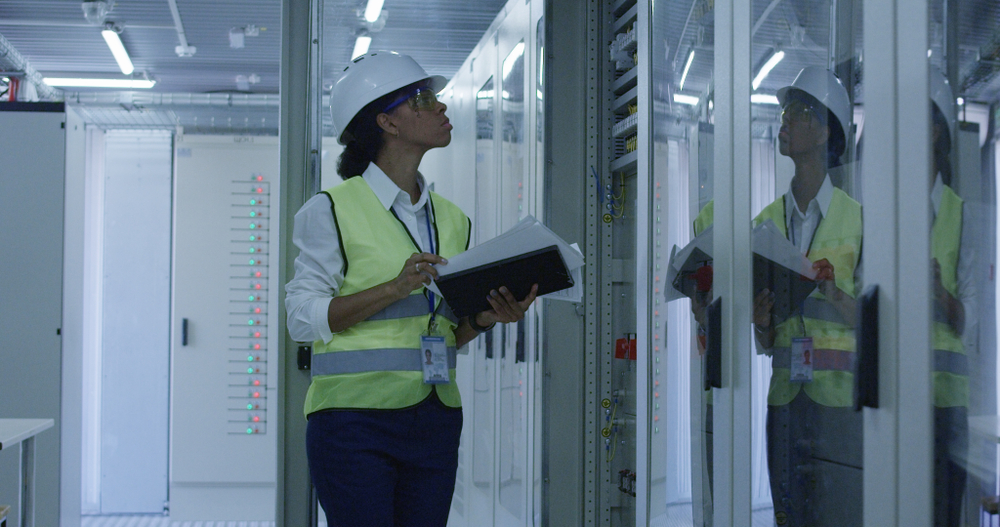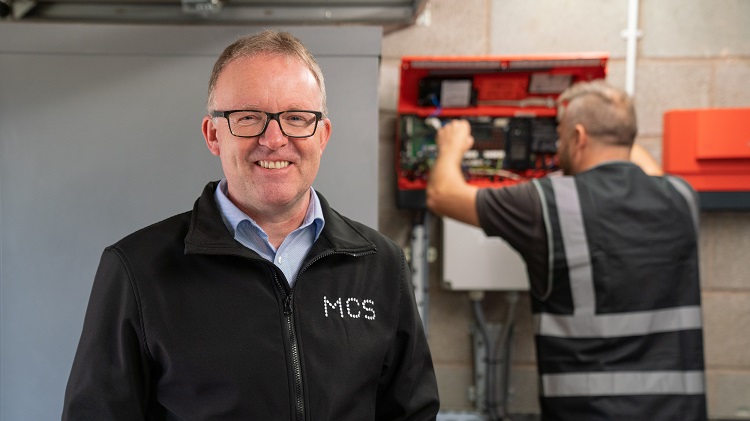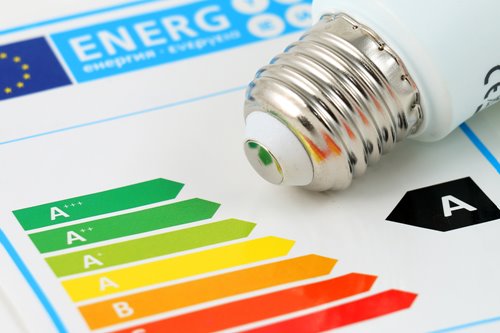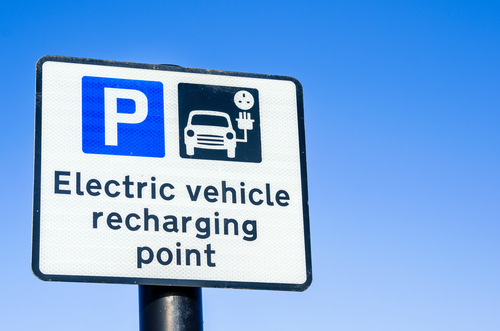New rules for Public Sector Carbon Reporting

Paul Reeve
Director of CSR, ECA

With COP 26 only weeks away, major new public sector procurement rules on carbon reporting come into effect at the end of September.
Procurement note PPN 06/21 will apply to Central Government, Executive Agencies and Non-Departmental Public Bodies in England buying goods or services with annual contract values of £5 million or more.
Under these new procurement rules, a bidding supplier will need to show early commitment to achieving Net Zero Carbon with a Carbon Reduction Plan (CRP), signed off at high level, and published on the supplier’s UK website. The CRP will also need to:
- confirm that the supplier is on a path towards Net Zero Carbon;
- detail the supplier’s Greenhouse Gas (GHG) emissions (using a set CRP template).
Under these new procurement rules, a bidding supplier will need to show early commitment to achieving Net Zero Carbon
For most businesses, GHG means the direct or indirect emission of carbon dioxide (carbon), but for some in our sector it may include even more potent GHGs such as electrical insulation gas sulphur hexafluoride.
The new public sector CRP requirement is based on an already widely adopted Protocol that puts carbon and other GHG emissions into three groups:
- Scope 1 - direct emissions from sources controlled or owned by the supplier. e.g. emissions from offsite or site vehicles, or diesel generators;
- Scope 2 - indirect emissions e.g. linked to buying electricity for office and site power, heating or cooling; and
- Scope 3 – further sources of carbon and other GHGs, notably upstream and downstream.
Scope 3 emissions present a new challenge
The direction of travel in construction is for much more carbon reporting throughout the supply chain
Scope 3 carbon emissions are associated with the supplier’s activities, but not directly generated by them, or the energy they use. The emissions include sources directly connected to the business, such as suppliers or distributors, so they are often known as “value chain emissions”.
Under the new public sector rules, suppliers bidding for large contracts must include Scope 1 and Scope 2 UK emissions in their CRP but also a significant and challenging group of Scope 3 emission categories:
- Business travel and employee commuting (in vehicles other than the supplier’s own vehicles)
- Waste generated due to operations; and
- Upstream and downstream transportation and distribution.
The new public sector bidding requirements won’t be entirely new to larger suppliers in our sector (broadly, over £36 million turnover) who are already legally required to report GHGs under ‘Streamlined Energy and Carbon Reporting’ rules (SECR).
However, the need to address this group of Scope 3 emissions, not yet a mandatory feature of SECR, is an extra challenge, though there are guides to how to do it.
The new rules, applicable to contracts issued under the Public Contracts Regulations 2015, confirm that the direction of travel in construction is for much more carbon reporting throughout the supply chain, at least for multi-million-pound contracts.
It’s also likely that construction’s prequalification Common Assessment Standard will introduce an ‘advisory’ question on GHG reporting in 2022. This will further underline the need for construction businesses to know how to measure and report on their carbon emissions to meet client and other buyer’s requirements.

Paul Reeve
Director of CSR, ECA
Paul Reeve is ECA’s Director of CSR. He has held several senior policy and business roles in leading industry bodies. He has an extensive track record in H,S&E and public affairs, having previously held senior roles at the Engineering Employers’ Federation (now Make UK) and the Chemical Industries Association.
Paul is a Chartered Fellow of both IOSH and IEMA. He is on the impartiality board of certification body BM Trada and he Chairs HSE’s construction ‘Managing Risk’ group and Build UK’s CAS pre-qualification review Group.
Related Articles
Spotlight shifting to M&E embodied carbon
The value of energy efficiency
ECA Commercial Associate Kosnic lights the way to sustainability
Net Zero Review underlines role for engineering services
Five ways to become a more sustainable business in 2023
Now is our last chance to make homes fit for the future
It’s a great time for a green career
Bringing Low-Carbon Apprenticeships to Life
The future of the built environment after COP26
Life after COP26: what happens next?
The view from COP26
Net Zero: a personal perspective
How the electrotechnical contractor can help clients mitigate against energy price rises
Setting the stage for COP26: Green Jobs
100 days until COP26: what are we doing to reach Net Zero?
A new era of fossil free travel
The clock is ticking for the future of net zero buildings
Clear, present and future opportunities for EV charging
Heatpumps or Hydrogen? The future of clean energy
Behind the headlines: Net Zero Carbon
A clear route to Getting Zero Carbon Done
Introducing the new MCS
Get into EV! Interview with Darren Crannis
Why Europe needs a green recovery
Electric heat edges ahead in the low carbon stakes
Let's get Zero Carbon done
SF6: the greenhouse gas at the heart of our industry
VAT hike puts brakes on home solar and batteries
Are you up to date with ECAtoday?
ECAtoday is the official online magazine of ECA and reaches thousands of people within the electrotechnical and engineering services industry.
Copyright © 2024 Electrical Contractors Association Ltd



























.jpg?width=1000&height=999&ext=.jpg)






